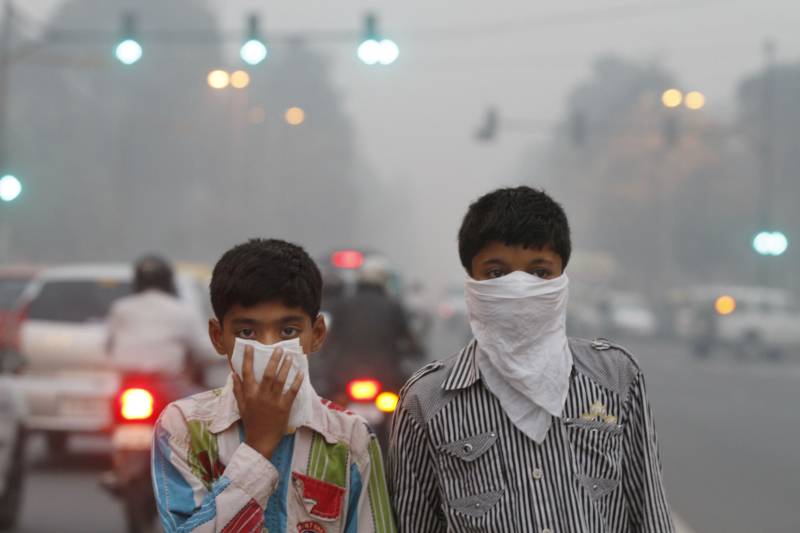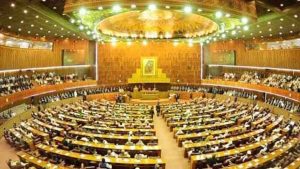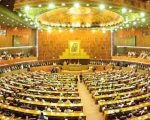Rising air pollution in Pakistan may reduce life expectancy by at least seven years in some of the nation’s most polluted areas, including Lahore, Sheikhupura, Kasur, and Peshawar, according to a report released on Tuesday by the University of Chicago’s Energy Policy Institute (EPIC) in its most recent Air Quality Life Index (AQLI).
Particulate pollution is the second biggest hazard to human health in Pakistan (after cardiovascular illnesses), lowering life expectancy by an average of 3.9 years, according to the AQLI, an index of pollution that translates particulate air pollution into its effect on life expectancy.
The typical Pakistani citizen might live an additional 3.9 years if the country complies with World Health Organisation (WHO) recommendations to restrict average annual PM 2.5 concentration to 5 micrograms per cubic metre.
In contrast, maternal and neonatal illnesses, child and maternal malnutrition, and obesity all shorten life expectancy by 2.7 years.
All 240 million residents of Pakistan reside in places where the average annual particle pollution level exceeds WHO guidelines. The research states that 98.3% of the population of the nation resides in regions where the air quality limit of 15 micrograms per cubic metre is exceeded.
According to the AQLI, Pakistan’s average annual particle pollution rose by 49.9% from 1998 to 2021, which decreased life expectancy by 1.5 years.














